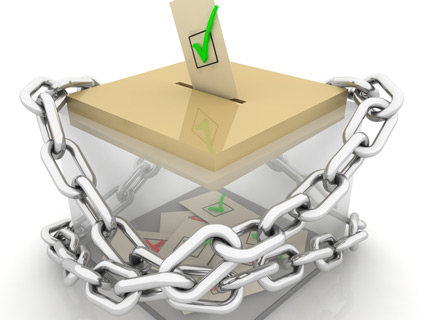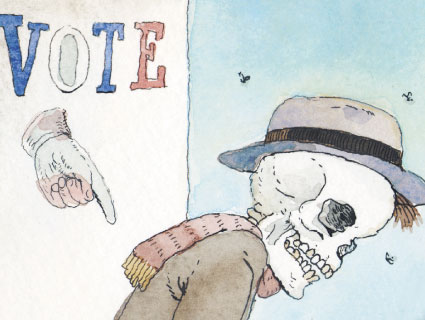A three-judge federal court has just ruled that Texas’s new voter ID law violates the Voting Rights Act. Rick Hasen explains the decision (I’ve reformatted his explanation for ease of reading):
This is a careful, unanimous opinion from a three-judge court which rejects most of the social science evidence submitted by both sides on whether Texas’s voter id law imposes greater burdens on minority voters. Instead, the court bases its analysis on three basically uncontested facts:
- Minority voters are at least proportionately as likely as white voters in Texas to lack the documents needed for Texas’s new id law (which the Court calls perhaps the most “stringent” in the nation
- The new i.d. law will put high burdens on poor people who lack id (many of whom would have to travel up to 200 or 250 miles at their own expense to get the i.d. as well as pay at least $22 for the documents needed to get the i.d.
- Minority voters in Texas are more likely to be poor. Using this simple structure, the court concludes that Texas, which bears the burden of proof in a section 5 case, cannot prove its law won’t make the position of protected minorities worse off. And the court suggests this was a problem of its own making: Texas could have made the i.d. law less onerous (as in Georgia, which the court suggests DOJ was probably right to preclear) and Texas could have done more to produce evidence supporting its side at trial, but it engaged in bad trial tactics.
So for now, the Texas law is toast. However, it will almost certainly be appealed, with Texas asking for an emergency injunction allowing the new voter ID law to be used in the November election. “Given the closeness to the election,” says Rick, “it is not clear to me that even if the Supreme Court disagrees on some of the analysis with the district court that it would grant such emergency relief. This is a big unknown.” Stay tuned.

















